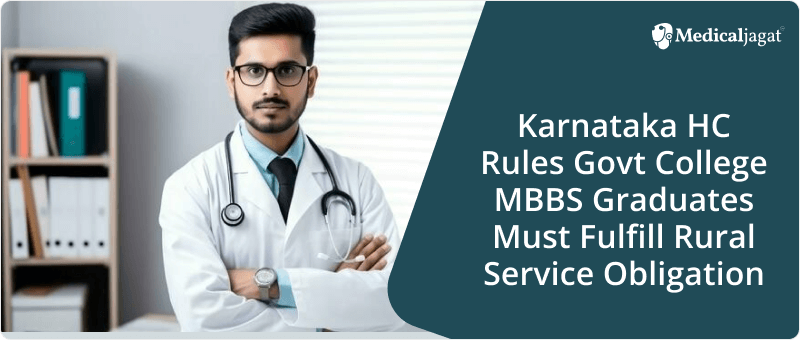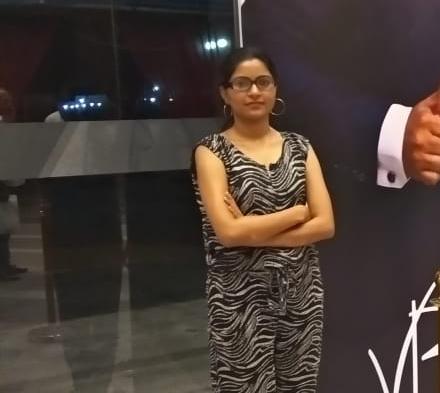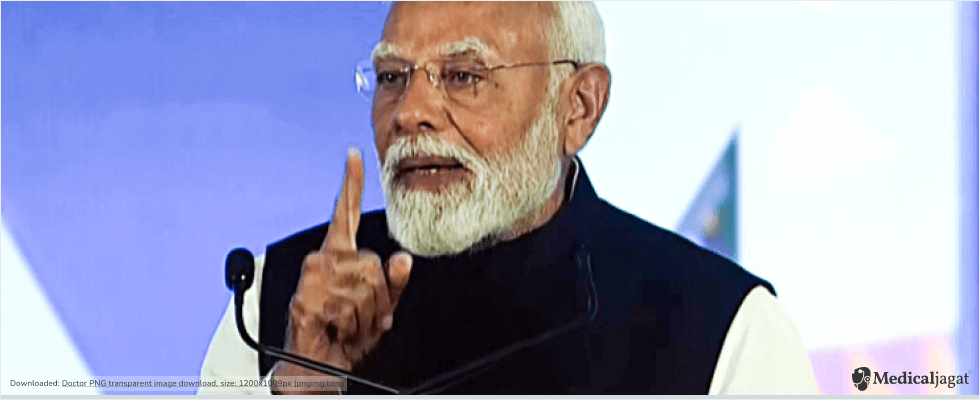
Bengaluru: The Karnataka High Court has ruled that students admitted to government MBBS colleges or private colleges under the government quota as of July 22, 2022, cannot escape compulsory rural service or execution of bonds.
However, since the amended rule was only gazetted on July 27, 2022—10 years after the rules were promulgated—tthe court granted relief to 447 medicos who completed their MBBS in 2019–2020, criticizing the government for its delaySection 14 of the Karnataka Educational Institutions (Prohibition of Capitation Fee) Act, 1984, empowers the state to make rules.
Consequently, Rule 11 of the Karnataka Selection of Candidates for Admission to Government Seats in Professional Educational Institutions Rules, 2006, was amended on July 17, 2012.
According to the bond, students must serve in any government primary health center or government primary health unit in rural areas for at least a year after completing the course. If they violate the bond, they will be liable to pay a penalty of Rs 15–30 lakh to the government.
"The notification dated July 17, 2012, states that the amended rule is to come into effect on the date of publication in the official gazette.It was finally gazetted on July 22, 2022, 10 years after the promulgation of the rules. The state appears to have been in a deep slumber or having a siesta for 10 years," Justice M. Nagaprasanna remarked.The petitioners had secured admission to MBBS in government and private medical colleges under the government quota in 2015.
Meanwhile, the Indian Medical Council Act, 1956, was repealed, and the National Medical Commission Act, 2019, came into force. The petitioners argued that the state does not have legislative competence to notify Rule 11 and that it contradicts the National Medical Commission Act, 2019, a central law.
They further argued that the state act restricts opportunities for students in Karnataka to take the postgraduate NEET examination immediately after completing the graduation course. However, the court cited the coordinate bench’s judgment in the Bushra Abdul Aleem case and rejected the contention that the state lacks legislative competence and that the rules should be set aside for violating Article 19(1)(g) of the Constitution.
Regarding the question of repugnancy in view of the NMC Act, the court observed that the 2019 Act does not restrict the state's powers to regulate education in terms ofEntry-25 of List III of the Seventh Schedule of the Constitution. "Students should become part of the public health program of the state. It is a dream that a day would come when medical graduates would themselves volunteer to render such service in rural areas." Justice Nagaprasanna















